
Boosting Your Immune System: Vitamin A
Vitamin A, one of the fat-soluble vitamins, is an important factor in maintaining a healthy immune system. Best food source for vitamin A is liver; however, far more accessible food sources for vitamin A are cheese, as well as egg yolks or milk and dairy products. Recommended daily intake is 4,000-5,000 IU.
- Important notification about information and brand names used in this slideshow!
- Photo courtesy of Rebecca Siegel by Flickr : www.flickr.com/photos/grongar/6123558189/
- www.flickr.com/photos/rakka/3669154721
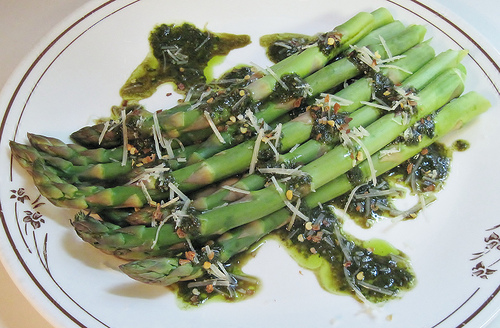
Vitamin B: Keeping Your Nervous System Healthy
Vitamin B is in fact a group of several water soluble molecules that play a very important role in cellular metabolism. They help keep your glucose levels under control and are vital for normal functioning of nerve cells. Most important sources of vitamin b are milk, fish, eggs, sea food, asparagus and brown rice.
- Important notification about information and brand names used in this slideshow!
- Photo courtesy of Gloria Cabada-Leman by Flickr : www.flickr.com/photos/67238971@N04/7113079163/
- www.flickr.com/photos/goosegrease/2744261497
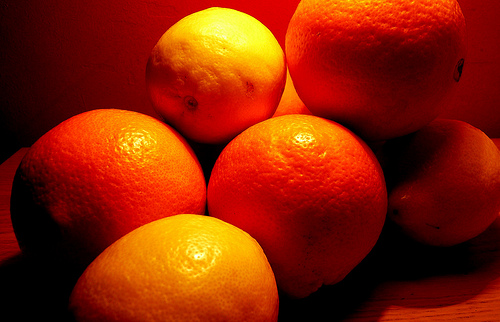
Fight Off Flu And Cold With Vitamin C
Not only does vitamin C help prevent flu and cold by building our immunity, it also makes the cold symptoms much more tolerable and less severe. Vitamin C also has an important role in maintaining a healthy connective tissue, as well as wound healing. Best sources of vitamin C are citrus fruit, red or green peppers, kiwi, strawberries and potatoes. Recommended daily intake is 60 mg.

Look Younger With Vitamin E
Vitamin E does not only keep you healthy – by protecting cell membranes it helps in prevention of stroke, heart attack and cancer, it is also helpful in reducing the signs of aging. Vitamin E is found in variety of food: wheat germ, whole grains, nuts, soy beans. But, cooking destroys the greater portion of vitamin E. Recommended daily intake is 15 IU.
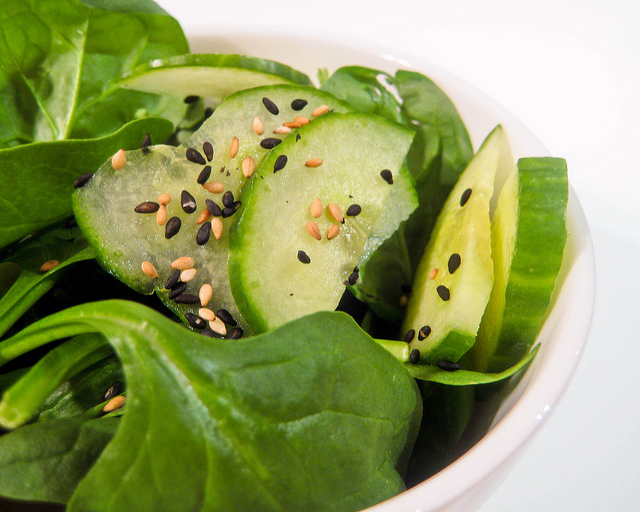
Strengthen Your Bones With Vitamin K
The most important role vitamin K has is in blood clotting and wound healing. Recent research also shows that vitamin K is necessary for strong and healthy bones. Best source for Vitamin K is in green leafy vegetables such as spinach, broccoli or cabbage. Cereals, dairy and meat also provide smaller amounts of vitamin K. The recommended daily intake for vitamin K is 45-60 mcg for an adult.

How To Get Your Vitamins
The best way to get the vitamins you need is through healthy and balanced diet. Including fresh vegetables and fruit in your daily meals, as well as choosing whole grains or olive oil, for example, will guarantee you are getting most of the essential vitamins. But, when this is not possible, taking a daily multivitamin supplement will keep your body functioning properly.
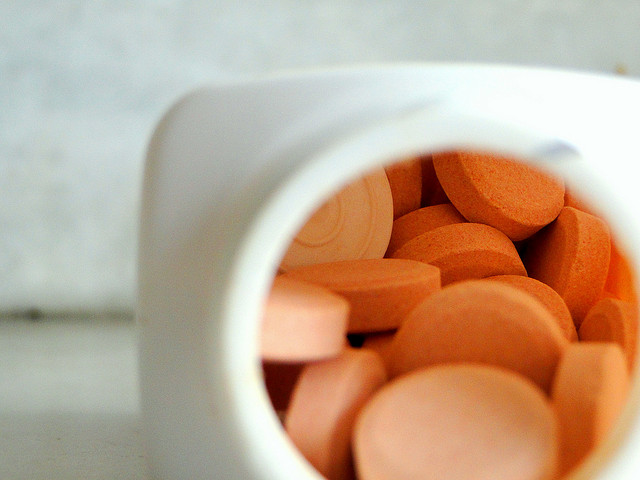
Prenatal And Children’s Vitamins
When you are pregnant, even the best diet is not enough to provide all the nutrients and vitamins both you and your baby need. This is why is very important to take recommended prenatal vitamins. Some vitamins, folic acid (vitamin B) for example help in lowering the risk for some birth defects and vitamin D helps in bone development. Early development is so very important in your child’s life and making sure that they receive the best possible start in life will help them to build strong bones, teeth, muscles, and cognitive abilities.




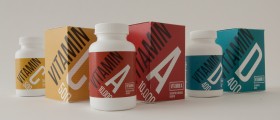
_f_280x120.jpg)

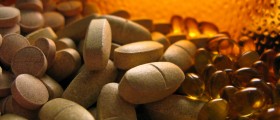













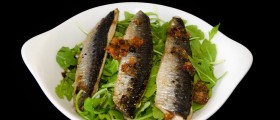


Your thoughts on this
Loading...